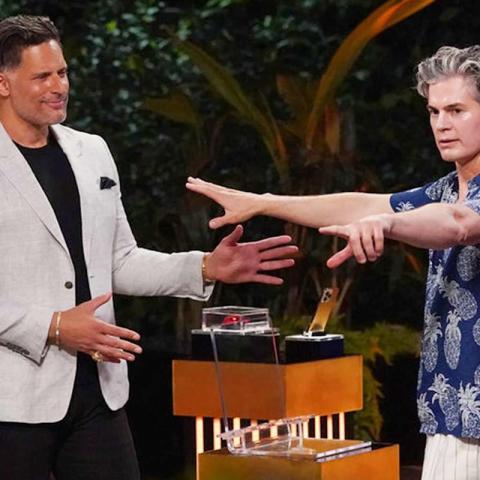Prince Harry recently faced a court hearing regarding his security while visiting the UK. This legal battle revolves around the police protection he believes he deserves after stepping back from royal duties in 2020. During the appeal, a government barrister, Sir James Eadie KC, highlighted that Harry’s situation is unique. He suggested that it makes sense to adapt the level of security based on the circumstances surrounding Harry’s decision to live abroad.
Harry’s legal team argues that his life could be at risk without adequate protection. They claim the current security arrangements are insufficient compared to what he received when he was a working royal. As Harry sat in court, he listened intently, occasionally taking notes. His presence underscored the personal stakes involved in this appeal.
The Royal and VIP Executive Committee (Ravec), which oversees royal security, operates under what’s known as "royal prerogative," meaning it doesn’t strictly follow legal requirements. Sir James emphasized that Ravec’s chair, Sir Richard Mottram, has significant experience in national security. He stated that the committee is well-equipped to make flexible decisions regarding security, particularly for unique cases like Harry’s.
Harry’s choice to live in California with his family has set him apart from other royals, who often engage in official duties in the UK. He claims that his family’s safety is paramount, and this was a crucial point in his argument. Sir James noted that the committee considers individual cases carefully, using their expertise to make informed decisions.
Closing arguments from Shaheed Fatima KC echoed the importance of Harry’s safety. She argued that he is receiving a “bespoke” process that falls short of what he deserves. The Home Office, responsible for Ravec’s decisions, opposes the appeal but must ensure they follow due process.
The outcome of this appeal could have broader implications for how high-profile individuals are protected in the UK. For instance, security arrangements for celebrities and public figures have sparked heated debates, especially when safety concerns arise. A recent study found that about 70% of the public believes VIPs should have tailored security measures, reflecting the public’s concern for safety despite the potential costs involved.
As the court awaits a written decision, it’s clear that this case resonates beyond the royal family. It raises questions about security policies, public perception of celebrity protection, and the evolving role of the monarchy in a modern context.
For more information on security protocols for public figures, you can explore resources such as the UK Home Office’s guidelines.










